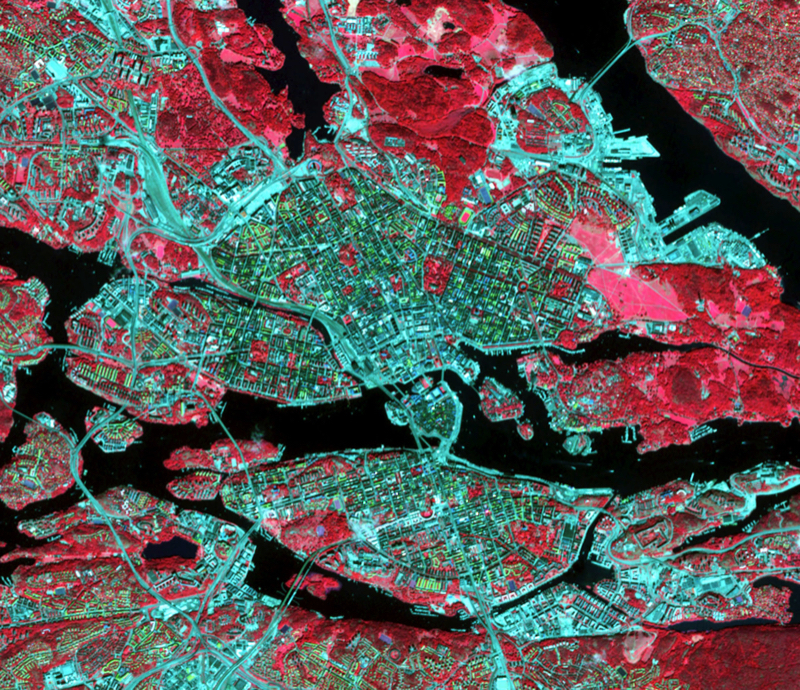Introduktion till fotogrammetri ich fjärranalys
Fotogrammetri: sensorer och system
Fotogrammetrisk orientering: geometriska egenskaper, feluppskattning och korrigering
Fotogrammetriska produkter: kartor, DEMs och ortofon
Kvalitetsaspekter av flygmätning och planering
Digitala bilder och tekniker för digital matchning
Tillämpningar av fotogrammetri inom kartografi, GIS och ingenjörsverksamhet
Satelliter för övervakning av jorden
Termisk fjärranalys
Fjärranalys - Radar
Digital bildanalys - tekniker för bearbetning och klassificering
Tillämpningar inom fjärranalys
Kursens huvudsakliga syfte är att ge grundläggande kunskaper i analytisk och digital fotogrammetrisk teori, modeller och tillämpningar. Därtill kommer grundläggande kunskaper om fjärranalys, vilka system som används för datafångst, digitala analysmetoder och tillämpningar.
Efter kursen skall studenterna ha goda kunskaper i olika algoritmer för datafångst, bearbetning och analys av fjärranalysdata. Studenterna ska också kunna tillämpa fotogrammetriska metoder för produktion av rumslig information och icke-topografiska tillämpningar. Studenterna ska också kunna kvalitetsgranska slutprodukten. Därtill ska studenterna efter avslutad utbildning kunna genomföra grundläggande digital analys.
